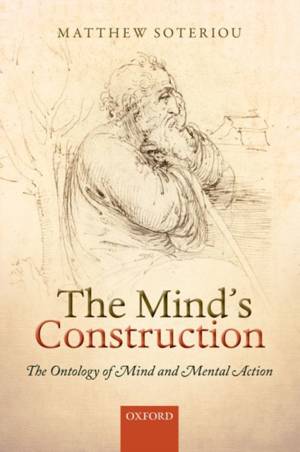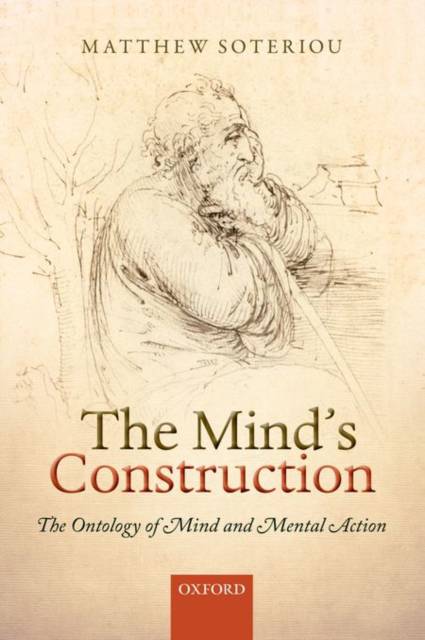
Door een staking bij bpost kan je online bestelling op dit moment iets langer onderweg zijn dan voorzien. Dringend iets nodig? Onze winkels ontvangen jou met open armen!
- Afhalen na 1 uur in een winkel met voorraad
- Gratis thuislevering in België vanaf € 30
- Ruim aanbod met 7 miljoen producten
Door een staking bij bpost kan je online bestelling op dit moment iets langer onderweg zijn dan voorzien. Dringend iets nodig? Onze winkels ontvangen jou met open armen!
- Afhalen na 1 uur in een winkel met voorraad
- Gratis thuislevering in België vanaf € 30
- Ruim aanbod met 7 miljoen producten
Zoeken
€ 65,95
+ 131 punten
Uitvoering
Omschrijving
Philosophers working on the ontology of mind have highlighted various distinctions that can be drawn between the ways in which different aspects of our minds fill time. For example, they note that whereas some elements of our mental lives obtain over time, others unfold over time, and some continue to occur throughout intervals of time. Matthew Soteriou explores ways in which such distinctions can be put to work in helping to inform philosophical accounts of both sensory and cognitive aspects of consciousness. Part One of The Mind's Construction argues that work in the ontology of mind that focuses on distinctions of temporal character has much to contribute to philosophical accounts of the phenomenology of various elements of sensory consciousness--e.g. the phenomenology of perceptual experience, bodily sensation, and perceptual imagination. Part Two argues that these ontological considerations can inform our understanding of conscious thinking, and the form of self-conscious
consciousness that we have as subjects capable of engaging in such activity, by helping to account for and explain the respect in which agency is exercised in conscious thinking. This in turn, it is argued, can illuminate the more general issue of the place and role of mental action in an account of the metaphysics of mind.
consciousness that we have as subjects capable of engaging in such activity, by helping to account for and explain the respect in which agency is exercised in conscious thinking. This in turn, it is argued, can illuminate the more general issue of the place and role of mental action in an account of the metaphysics of mind.
Specificaties
Betrokkenen
- Auteur(s):
- Uitgeverij:
Inhoud
- Aantal bladzijden:
- 400
- Taal:
- Engels
Eigenschappen
- Productcode (EAN):
- 9780198747970
- Verschijningsdatum:
- 1/11/2015
- Uitvoering:
- Paperback
- Formaat:
- Trade paperback (VS)
- Afmetingen:
- 229 mm x 155 mm
- Gewicht:
- 612 g

Alleen bij Standaard Boekhandel
+ 131 punten op je klantenkaart van Standaard Boekhandel
Beoordelingen
We publiceren alleen reviews die voldoen aan de voorwaarden voor reviews. Bekijk onze voorwaarden voor reviews.











